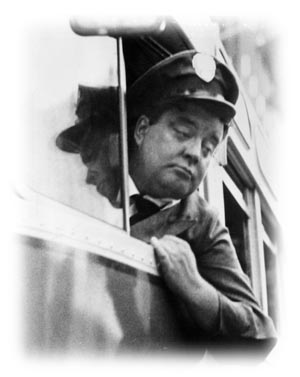Why is it okay to pay an intern $0? or, liberal hypocrisy on the minimum wage
Business, Employment Law, Podcasts, Victimless CrimesA recent Slashdot post mentions some NYTimes-style whining about how employers like Apple are “exploiting” their employees by paying them low wages:
Apple Store Employees Soak Up the Atmosphere, But Not Much Cash
raque writes“The NYTimes is reporting on just how badly Apple Retail employees are being paid. Apple is exploiting its fan base for cheap labor. This is one reason I don’t go to Apple Stores if I can avoid it. Stores like NY’s Tekserve offer a great shopping experience without so exploiting their workers.”
Would you rather start at an Apple store for $11.91 an hour (average starting base pay, according to the linked article) and an employee discount, or at Tiffany for $15.60?
The idea that it’s wrong to offer to pay someone a low wage is rampant. For a recent example, one sage argues, in a Techdirt comment thread, that “Competing by paying your workforce less is not competing, it is cheating.” Marxian “exploitation” ideas like this are at work behind the horrible minimum wage. As Henry Hazlitt explains in Economics in One Lesson (ch. 18), a minimum wage law simply causes unemployment—and it causes it primarily among those who have the lowest valued skills, namely the poor, minorities, handicapped people, and the young. It cuts out the lower rungs of the ladder that people could use to climb to higher levels. One benefit of a job at any price is the skills and learning experience—learning to engage with customers and co-workers, to show up on time, manners, dress code, and so on.
This is, in fact, one reason some people are willing to serve as “interns” for no pay: for the work experience, contacts, resume padding. And this an absurdity in the very idea of the minimum wage: it’s legal to offer to pay someone, say, $10 per hour for a certain job, or more, and it’s legal to offer to pay them $0 per hour (internship), but it’s illegal to offer them something in-between. This is just as absurd as the idea that it’s legal to give away sex but not to charge a monetary price for it (prostitution).
I thought about this when listening to a recent Slate Political Gabfest podcast, which is one of my favorites although the three hosts are liberals. In this episode, around 50:30, host David Plotz mentions that they are looking for a new intern—and that, while it is an “unpaid” position (6-10 hours per week), it leads to “great opportunities” for the interns, who use the experience to find a (real) job elsewhere. Exactly. Even working for nothing makes employment worthwhile for people starting out. It’s a stepping stone to other things. Of course, only middle class or richer kids can afford to work for nothing. Imagine if Slate were permitted to pay, say, $3 or $5 per hour to an intern—far below the curent federal minimum wage of $7.25 per hour—more lower class or poorer kids could perhaps afford to take advantage of intern-type positions. But who cares about them, right? After all, they can always join the military, get on welfare, or sell drugs and then get a free jail cell with three hots and a cot.
As my friend and fellow TLS co-blogger Rob Wicks said to me:
Minimum wage can be a sort of welfare program for the middle class. For those at the upper end of the middle class, working for nothing but experience is a fine investment. But if you are doing it for money, it has to be enough to make it worthwhile for someone already middle class. Their support for minimum wage is not really for the poor. Middle class people with kids just want to make sure their spoiled, largely unmotivated children make enough money at the local coffee shop/burger joint to show up consistently.
Why is it okay to pay an intern $0? or, liberal hypocrisy on the minimum wage Read Post »

